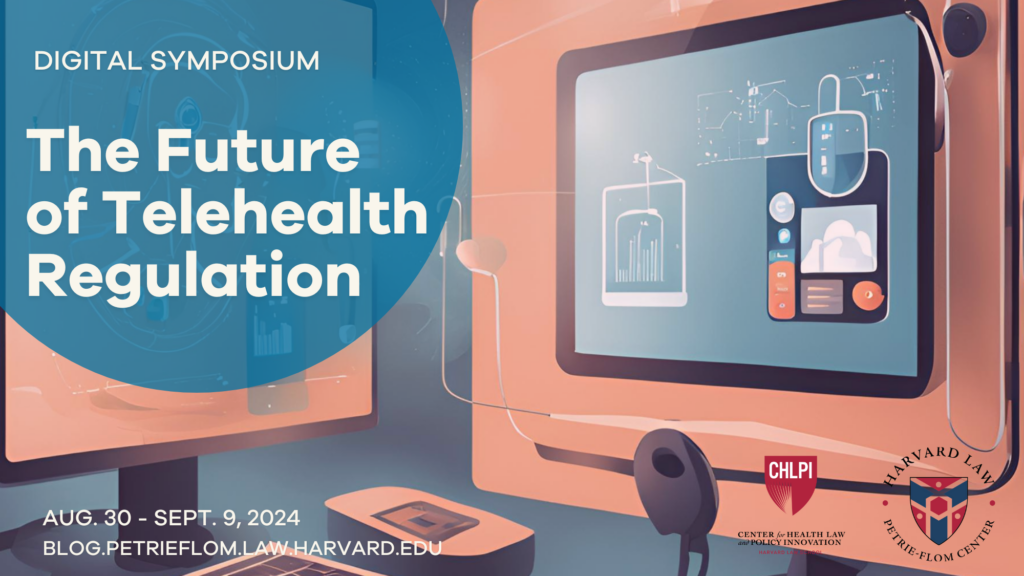-
 Mental Health
Mental HealthDr. TikTok? The Impacts of Misinformation on Mental Health Self-Diagnosis
A study published on March 19 yet again confirmed the widespread nature of healthmisinformation. Looking specifically at claims about ADHD on TikTok, the study found that more than half of all claims in the videos lacked scientific accuracy.
-
 Reproductive Health
Reproductive HealthForced C-Sections: The Legal Battle Over Bodily Autonomy in Childbirth
-
 Public Health
Public HealthPoor Transparency and Corruption in Disease Reporting Could Precipitate the Next Pandemic
-
 Artificial Intelligence
Artificial IntelligenceChanneling the Power of Generative Health AI: Implications for Health Care, Research, and Governance (Part I)
Latest
Symposia
Critical conversations around issues in health law policy, biotechnology, and bioethics.
About Bill of Health
Bill of Health, the blog of the Petrie-Flom Center at Harvard Law School, is a leading forum for health law policy and bioethical perspectives from domestic and international thought leaders.
Posts from Bill of Health are regularly cited in prominent, diverse media outlets ranging from the New York Times to the Los Angeles Times to USA Today to the New York Review of Books.












